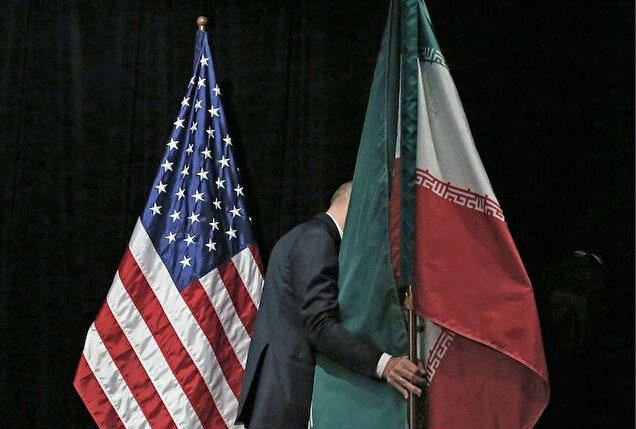Iran has the upper hand in negotiations with the US; Washington has backed down on some demands.
Al-Mayadeen News Agency has published a report detailing the indirect talks between Iran and the United States in Muscat, the capital of Oman. In addition to examining the situation on both sides, it also examined the performance and positions of other countries in these talks. The report states that since he took office in the White House, the Trump administration has adopted an offensive strategy based on extensive economic pressure and the use of limited military threats. The US president has been making threats on all fronts with great force and has launched a trade war and limited military operations, the propaganda controversy of which has had much greater effects than its military dimensions. In the context of Iran, the situation is more complicated and ambiguous.
The Iranians have expressed their desire to go to the negotiating table for several reasons: first, that the talks will lead to the lifting of economic sanctions on the country and, second, that Tehran will gain enough time to reorganize its strategies in the region. Iran has opposed US political blackmail.
Al-Mayadeen adds that although the talks were held behind closed doors, they were held in a situation where there was intense military activity in the region, which shows the complexity of the negotiations.
Iran is no longer negotiating from the beginning, as it did in the 2015 agreement. The country is currently in a higher position in the nuclear field and rejects any kind of halt to its nuclear program. In contrast, Trump has also announced that he only rejects Iran’s acquisition of nuclear weapons and does not reject the program itself. This change of position can be considered as one of the US retreats. This change of position has taken place while American officials have repeatedly emphasized the need for the complete dismantling of Iran’s nuclear program. Therefore, it is clear that Washington has been forced to give up some of its excessive demands in the negotiations with Iran.

